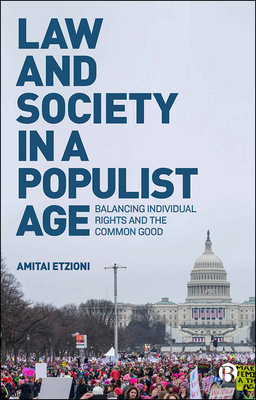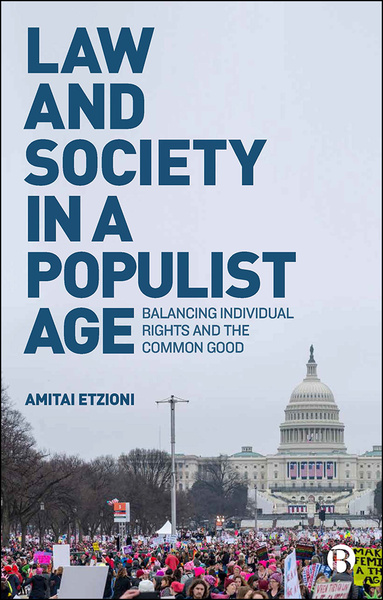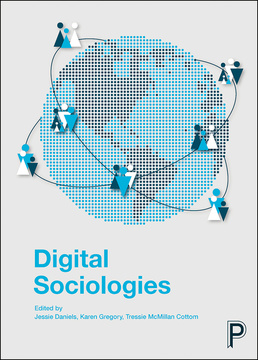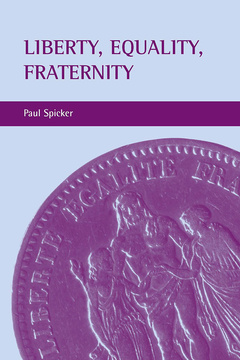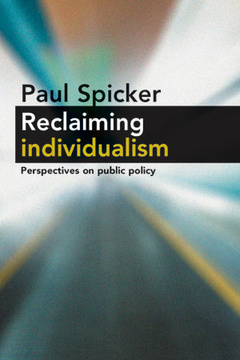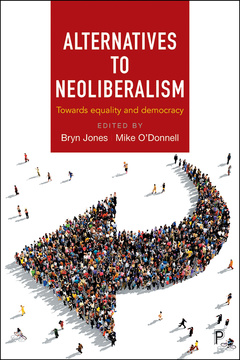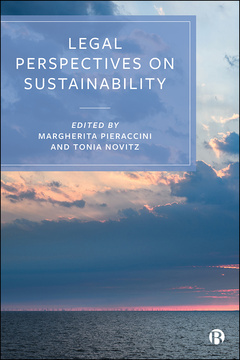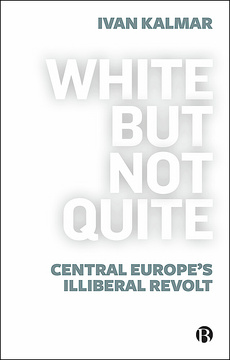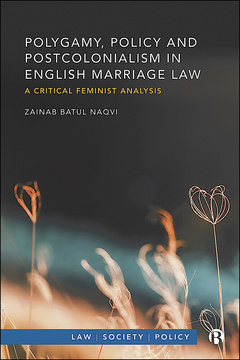Published
Oct 9, 2019Page count
224 pagesISBN
978-1529200263Dimensions
216 x 138 mmImprint
Bristol University PressPublished
Jul 11, 2018Page count
224 pagesISBN
978-1529200256Dimensions
216 x 138 mmImprint
Bristol University PressPublished
Jul 11, 2018Page count
224 pagesISBN
978-1529200287Dimensions
Imprint
Bristol University PressPublished
Jul 11, 2018Page count
224 pagesISBN
978-1529200294Dimensions
Imprint
Bristol University PressIn the media
On our blog: 'Understanding the rise of populism and addressing its challenges'
The law-based, political institutions in many democratic societies are being challenged by fast-growing populist movements, parties, and leaders. In other nations, the state is failing. These seismic changes call for greater attention to be paid to the role society plays in forming and challenging laws—and how the law copes with these challenges.
Amitai Etzioni, one of the most respected thinkers in the US, argues for a new liberal communitarian approach as an effective response to populism. This recognizes that different members of the society have differing values, interests, and needs that cannot be fully reconciled to legislation in a populist age.
The book considers the core challenge in a variety of contexts, including national security versus privacy, private sector responsibility, freedom of the press, campaign finance reform, regulatory law and the legal status of terrorists. Thus the book offers a timely discussion of key issues for contemporary society and the relationship of the law to the citizen in a fast-changing environment.
Amitai Etzioni continues to be a voice of reason, compromise, and moderation in a world of divisive politics and tribalism. This book makes a valuable contribution to law-and-society scholarship.” A. Javier Treviño, Wheaton College, US
“This compelling new book is perhaps one of the most important contributions to the analysis of recent trends in the political landscape of the Western democracies for some time. For lawyers, academics and politicians, as well as for social scientists and those in public administration, this is an important contribution to a crucial modern debate.” Journal of Contemporary European Studies
“The deeply insightful law and technology commentary Etzioni offers in this important book is made possible only through a well-elaborated methodology and thick conception of the public good.” Ryan Calo, University of Washington School of Law
"Like an experienced alpinist, Amitai Etzioni walks the mountain ridge between an introvert adherence to community traditions and a liberalism void of community values. In these explorations, he approaches the foundations of law making policies that are fit for networked societies." Ernst M.H. Hirsch Ballin, Tilburg University
“Etzioni demonstrates his unprecedented multidisciplinary knowledge by weaving numerous case studies into a rich and vibrant portrait of the role of contemporary law. This wonderful book could not have been written by anyone else.” Yuval Feldman, Bar-Ilan University, Israel
"Ambitiously takes on a wide range of issues, from immigration and Brexit to private data collection and government surveillance, and explains why a liberal communitarian approach can help resolve seemingly unrepairable rifts. Etzioni’s call for respectful dialogue and his sensible compromise positions on hot button topics should trigger long-overdue policy changes. " Christopher Slobogin, Vanderbilt University
"The urgent relevance of Etzioni’s clarion call for a new moral dialogue, that embraces both individual liberties and strong communities, could not be more evident in this age where democracy and law face unprecedented challenges on a global scale." Paolo G. Carozza, University of Notre Dame
Amitai Etzioni (1929-2023) was the first University Professor of The George Washington University. He previously taught at Columbia University and at Harvard University. He served as a Senior Advisor to the White House from 1979-1980 and as president of the American Sociological Association. He contributed to The New York Times, The Washington Post, and The Wall Street Journal and was awarded the Seventh James Wilbur Award for Extraordinary Contributions to the Appreciation and Advancement of Human Values and the Sociological Practice Association's Outstanding Contribution Award.
Part 1: Power and legitimacy;
A response to populism;
The privatization of force;
Captured;
Forging new legitimacy;
Part 2: Rights and the common good;
The common good;
Rights and responsibilities;
Privacy vs. Security;
How liberty is lost;
Part 3: Supranational overreach;
Undermining genocide prevention;
Nationalism as a block to community building;
Part 4: Response to new technology;
Should A.I. be regulated? (co-authored with Oren Etzioni);
A privacy doctrine for the cyber age.







